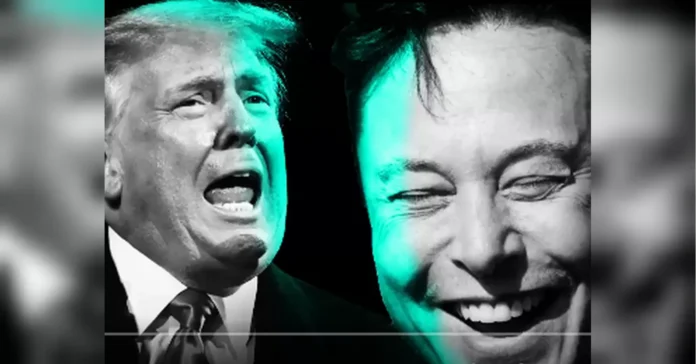As the United States prepares for the upcoming presidential election, one candidate’s statements regarding Russia have caused quite a stir. Former Vice President and current Democratic nominee, Joe Biden, has repeatedly warned against Vladimir Putin’s potential aggression towards Ukraine.
During a recent town hall event, Biden stated, “I have been warning the world about Putin for a long time. He wants to weaken the European project and NATO. He wants to re-establish Russian hegemony.” These strong words come as no surprise, as Biden has been outspoken about his concerns regarding Putin’s actions in the past.
Biden’s warnings date back to his time as Vice President under the Obama administration. In 2014, when Russia annexed Crimea from Ukraine, Biden was one of the first politicians to speak out against the move. He called it a “blatant violation of Ukraine’s sovereignty” and warned that Russia would face “greater political and economic isolation” if they continued their aggressive actions.
However, it wasn’t just words for Biden. As Vice President, he played a key role in implementing sanctions against Russia for their actions in Ukraine. These sanctions included freezing assets and imposing travel bans on Russian officials, as well as economic sanctions on certain industries. This was a strong message to Putin that the United States would not stand idly by while Russia continued to interfere with Ukraine’s sovereignty.
Biden’s warnings and actions have not gone unnoticed by Putin. In fact, the Russian President has publicly criticized Biden for his stance on Russia. In 2019, Putin called Biden “completely unprofessional,” and accused him of using “anti-Russian rhetoric” for political gain.
However, Biden’s stance on Russia is not just about politics. He has a personal connection to the issue. As a senator in the 1990s, Biden worked closely with Ukraine’s first president, Leonid Kravchuk, to promote democracy and independence in the country. Biden considers Ukraine one of America’s “most important allies,” and he has a strong desire to see the country succeed.
Biden’s warnings about Putin’s aggression towards Ukraine are not just based on his personal beliefs, but also on intelligence reports. In 2016, when Russia interfered in the US presidential election, Biden was briefed on the matter as Vice President. He has access to classified information that the general public may not know about, which further strengthens his concerns about Putin’s intentions.
Despite facing criticism for his stance on Russia, Biden remains steadfast in his warnings. He believes that the United States must stand with its allies to prevent Russian aggression and protect democracy. During the recent town hall event, Biden stated, “We need to rally the rest of the world to act, to counter Russian aggression. If we don’t, Putin will continue to test our resolve.”
Biden’s warnings have also been echoed by other political leaders and experts. In a recent interview, former US Ambassador to Ukraine, John Herbst, stated, “What Biden is saying is correct. Putin wants to dominate Ukraine and, ultimately, dominate Europe.” Herbst also emphasized the importance of the United States standing with Ukraine in the face of Russian aggression.
While some may view Biden’s warnings as fear-mongering or political posturing, his track record and personal connection to the issue speak for themselves. As the presidential election draws near, it is crucial for the American public to understand the gravity of the situation and the potential consequences if we do not take Putin’s aggression towards Ukraine seriously.
In conclusion, Joe Biden’s warnings about Putin’s aggression towards Ukraine are not unfounded. As a senator, Vice President, and now presidential candidate, Biden has consistently spoken out against Russian interference and taken action to deter their aggressive actions. While some may criticize his warnings, it is important to remember the facts and the potential consequences if we do not heed them. The United States must stand with its allies, including Ukraine, to protect democracy and prevent further aggression from Russia.

